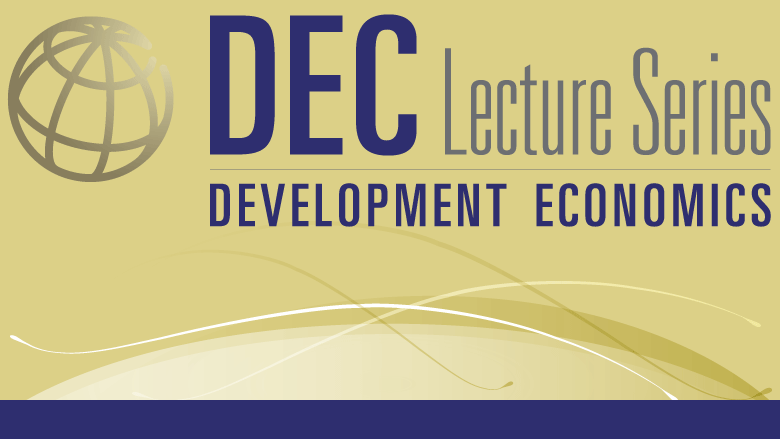
Why Do People Stay Poor?
May 21, 2018
Washington, DC

-
Oriana Bandiera is the Sir Anthony Atkinson Professor of Economics and the Director of the Suntory and Toyota Centre for Economics and Related Disciplines (STICERD) at the London School of Economics, and a fellow of the British Academy, the Econometric Society, CEPR, BREAD and IZA. She is director of the research programme in State Capabilities within the International Growth Centre (IGC), and of the research programme in Development Economics at CEPR. She is co-editor of Microeconomic Insights, the Journal of Labor Economics and Economica. Her research focuses on the ways in which incentives affect people’s behaviour, and how far these effects depend on social context or social relationships. Professor Bandiera was the 2011 recipient of Carlo Alberto medal, which is awarded biennially to an Italian economist under the age of 40 for outstanding research contributions to the field of economics.
-
Rural day laborers account for a large share of the global poor. This paper asks whether their state of persistent poverty is due to innate traits that make them unproductive at more remunerative occupations or, in contrast, whether it is poverty itself that limits opportunities and traps them in poverty. We provide evidence using a randomized control trial of an asset transfer program in Bangladesh with data on 23 thousand individuals from across the wealth distribution in 1309 villages, surveyed four times between 2007 and 2014. We find that a large share of beneficiaries were in a poverty trap. We identify the threshold level of initial capital such that individuals close to it escape poverty whereas those further away fall back into poverty. We use data from control villages to show that: (i) there is a missing mass around the threshold; (ii) differences in individual productivity or random shocks to productive assets cannot explain the response to the program. We test three possible mechanisms underlying the trap — nutritional, behavioral, and technological and find evidence only for the last. We discuss the implications of our results for the design of policies to reach the extreme poor and eliminate global poverty.
-
The Development Economics Vice Presidency (DEC) launched its lecture series in April 2005 to bring distinguished academics to the Bank to present and discuss new knowledge on development. The purpose of the Lecture Series is to introduce ideas on cutting edge research, challenge and contribute to the Bank's intellectual climate, and reexamine current development theories and practices. The Lectures revisit issues of long-standing concern and explore emerging issues that promise to be central to future development discourse. The Lecture Series reflects DEC’s commitment to intellectual leadership and openness in embracing future challenges to reduce poverty.
The DEC Lecture Series is chaired by Shanta Devarajan, Acting WBG Chief Economist and Senior Director, Development Economics, and includes a presentation and floor discussion.
Please visit DEC Lecture Series to access additional information about this event series as well as presentation materials from past talks.
Lecture Details
- Date: May 21, 2018
- Time: 12:30 – 2:00 PM
- Venue: MC 13-121